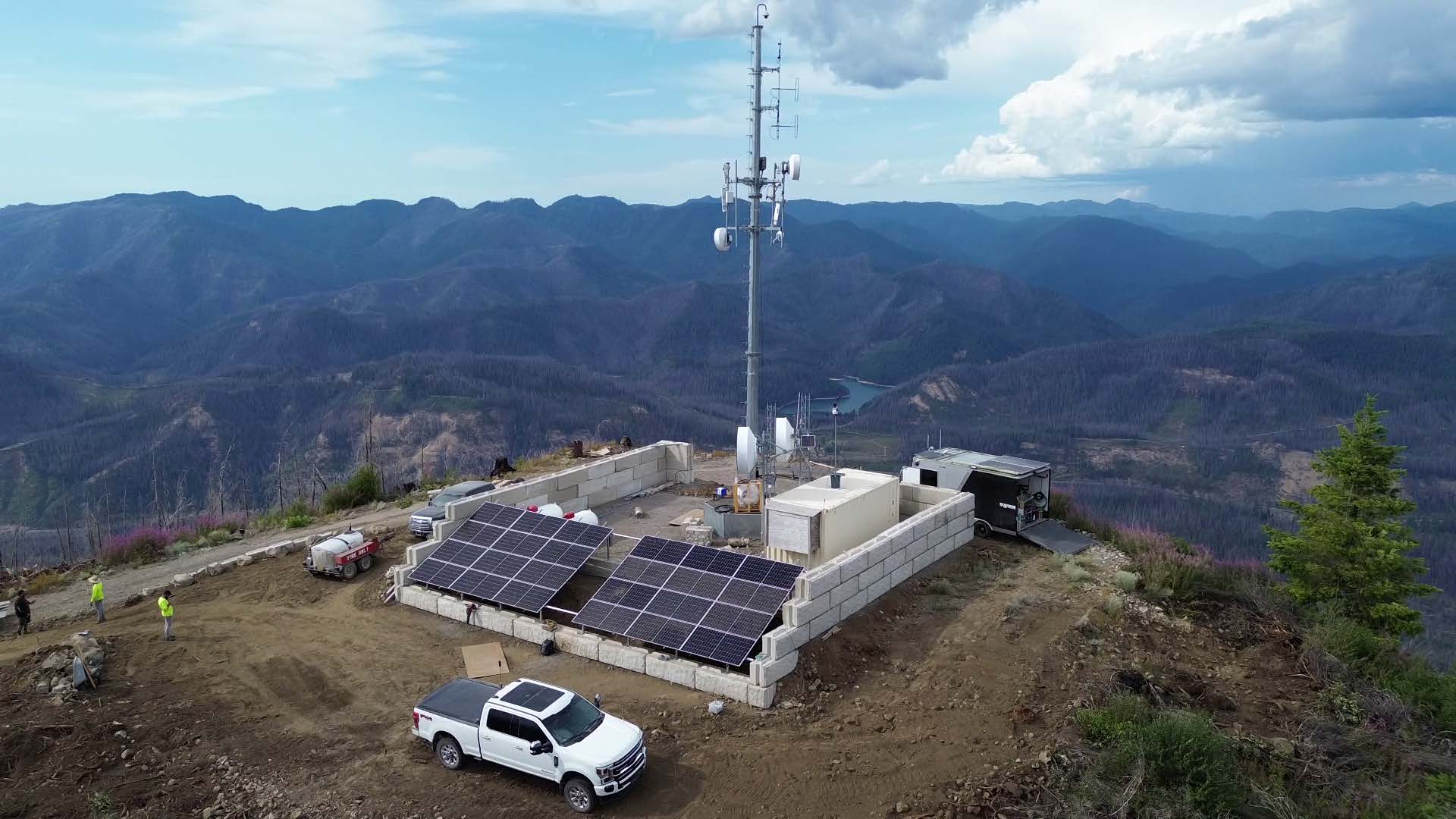Brand Story – In addition to providing cloud and managed IT services, Beaverton’s Elevate Technology Group works to lessen the digital divide and support communities in times of need.
Geoff Turner, founder and CEO of Elevate Technology Group in Beaverton, is dedicating his time and expertise to bridging Oregon’s digital divide and improving technical infrastructure in rural communities.
“The internet has become so critical to how people work and live on a day-to-day basis,” says Turner. “Closing the digital divide gives underserved and socially vulnerable communities access to education, healthcare, and business similar to urban areas.”
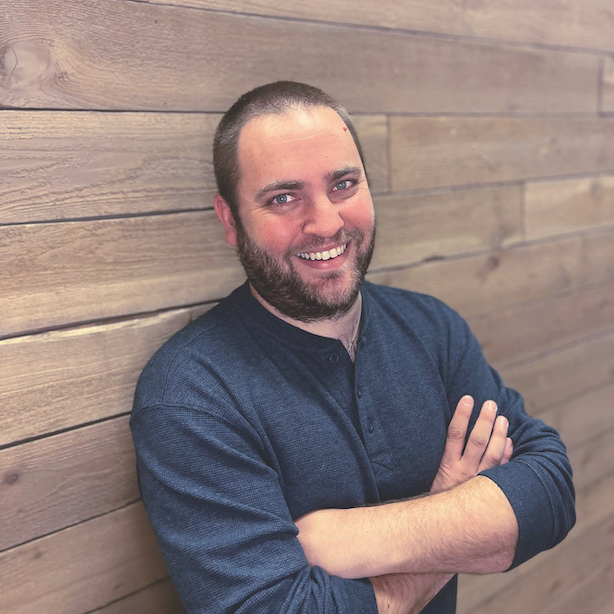
The high-speed connections that city dwellers take for granted aren’t always available in more remote areas. COVID pandemic shutdowns especially highlighted the importance of reliable internet; online schooling and telehealth appointments are impossible without it, for instance. And though government and nonprofit programs have worked to counter the digital divide for years—whether through subsidies for lower income families to cover phone and internet costs or infrastructure grants to expand broadband’s reach—rural communities across the country still face access disparities.
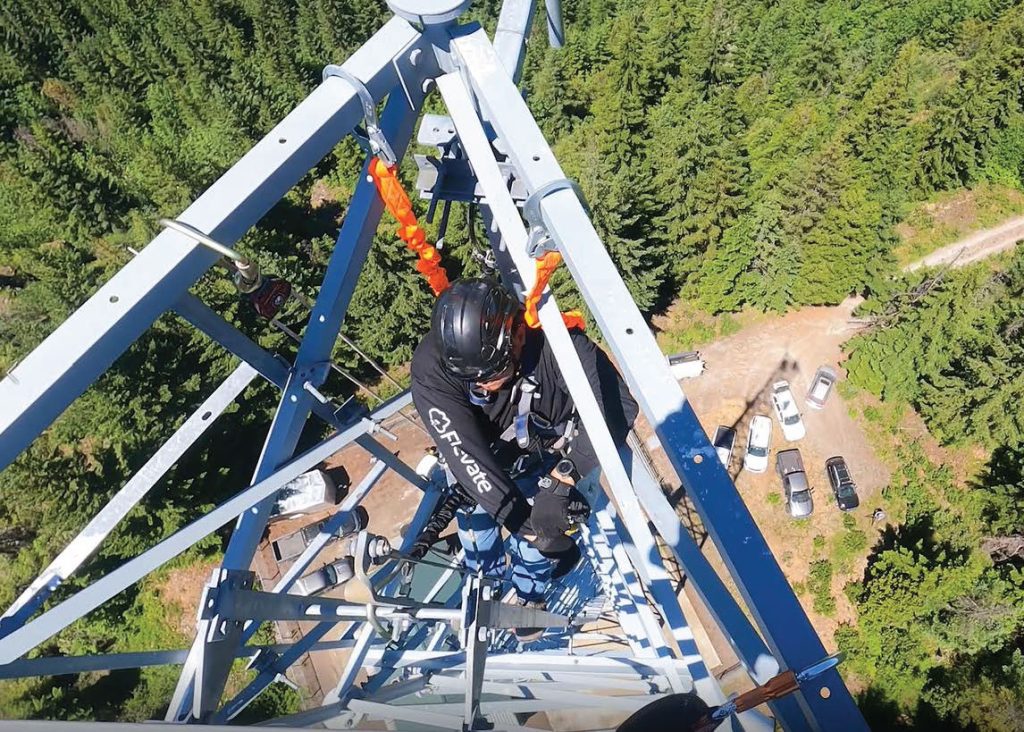
“It is really eye-opening to see what people want to do once they have good connectivity,” says Turner. “They want to add security cameras, which they couldn’t do before because there wasn’t enough bandwidth. Or they want to add VoIP [internet] phones so they can work from home and in the office and have a seamless experience.”
Oregon’s topography poses specific challenges, as mountain ranges, dense forest, and lava fields can hinder widespread cable installation. Additionally, providers must obtain permission from disparate landowners while honoring environmental protections and Native American sacred sites. Turner’s solution to get communities connected more quickly is to start with wireless.
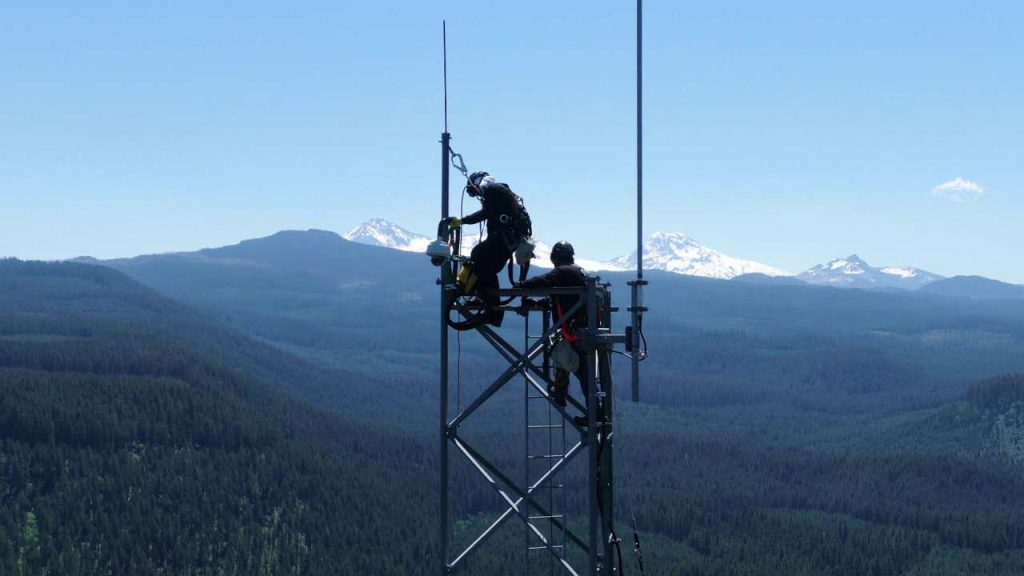
At the top of 4,000-foot Deathball Rock, Elevate built and owns a wireless tower that serves the McKenzie School District. A US Ignite grant provided initial funding of $350,000 and Elevate invested another $600,000 to construct and maintain the site, which is fully powered by solar and has a propane generator backup. Though the schools already have fiber, they lose internet when lines go down, sometimes for days at a time. The tower now sends a wireless link 41 miles to an internet exchange site in Eugene and provides a gigabyte of bandwidth that schools can use when fiber goes offline. With a webcam installed atop the tower, the site also serves as a wildfire lookout in partnership with the ALERTWildfire system.
“It has caught multiple fires over the years now, more than I can count on my hands, protecting the community and lowering anxiety,” says Turner. “People can view live what’s happening so they don’t have a panic attack when they smell smoke.”
Helping during wildfires
In 2020, the Holiday Farm wildfires burned more than 173,000 acres and destroyed 500 buildings in the McKenzie River Valley. Local phone and cable companies had over 40 miles of infrastructure either burned or damaged, destroying fiber that connected homes and businesses to the internet. Without connectivity, people could not use credit cards to pay for gasoline or groceries, nor could they withdraw cash from ATMs. FEMA set up an internet connection mostly for first responders, but it was not available for community members’ general use. A number of volunteers with technical know-how, including Turner and others from Elevate, headed to the community to help. Eventually calling themselves Oregon Internet Response, the team created wireless links and set up internet hotspots around the area.
“It was stuck in time when we got there,” Turner says. “I remember standing in the parking lot in Rainbow, Oregon, the first night we put up Wi-Fi and walking over to a lady crying in her car. She rolled her window down and I asked are you okay? Do you need something?’ And she goes, ‘Sorry, I haven’t talked to my family face to face in more than two weeks. The internet that was brought in here by satellite providers wouldn’t let me do it.’ And it was just such an emotional and overwhelming thing. We still walk into restaurants today down there, even just two weeks ago, and someone comes up and gives you a hug. It is like, ‘I have no idea who you are. I don’t have a clue why you’re hugging me, but I can guess.’”
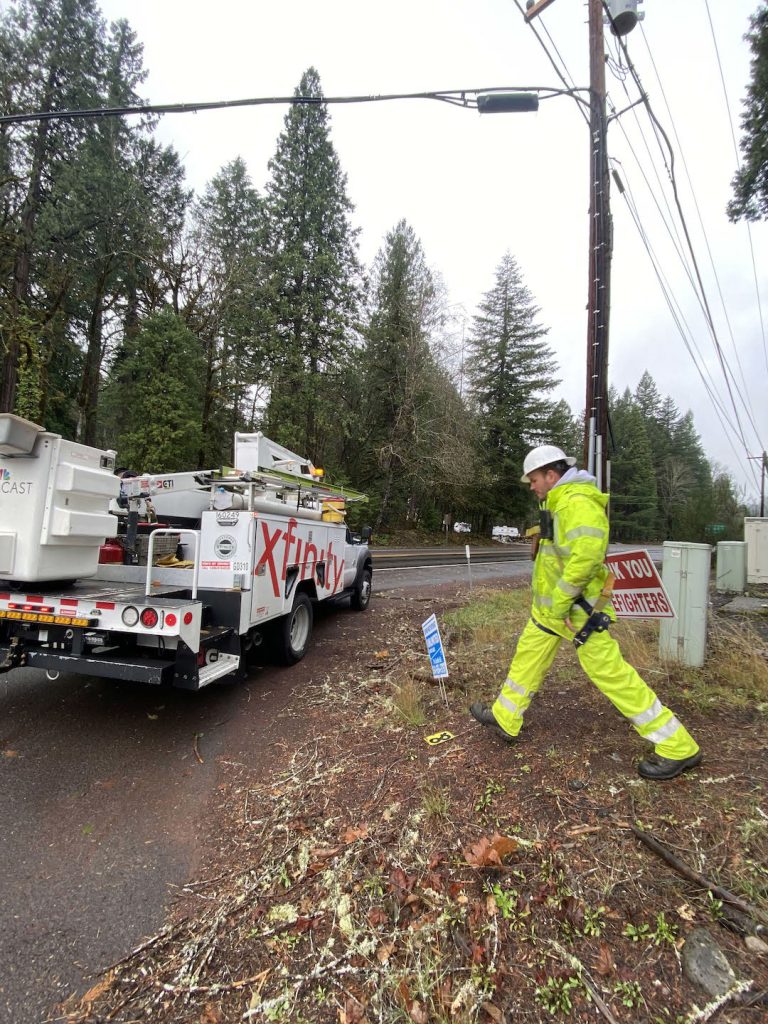
When Turner first arrived in the area, he assessed the situation and realized the team needed a bucket truck so they could retrieve the existing fiber on poles that hadn’t burned. The local provider gave permission to remove the fiber but did not have a truck or personnel to assist, so Turner put out a call to his Comcast contacts and asked if he could use one of their trucks for a few hours. Even though the community was outside Comcast’s service area, Turner quickly received a call saying a Comcast wildfire expert from Arizona was getting on a plane. Mike White, a maintenance technician with ties to the McKenzie, arrived the next day with a bucket truck and fiber trailer. In the pouring rain, he, Turner, and others pulled down existing fiber, ran new connections to each building, and set up free Wi-Fi hotspots.
“It was just absolutely incredible to have a top U.S. organization that can get local and take care of people around them,” says Turner. “They absolutely went above and beyond.”
Brand stories are paid content articles that allow Oregon Business advertisers to share news about their organizations and engage with readers on business and public policy issues. The stories are produced in house by the Oregon Business marketing department. For more information, contact associate publisher Courtney Kutzman.


